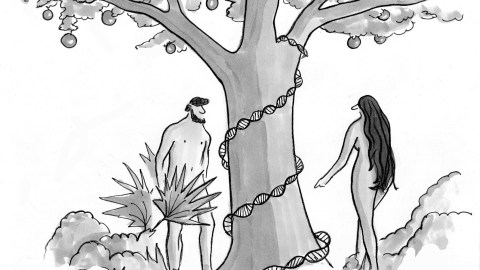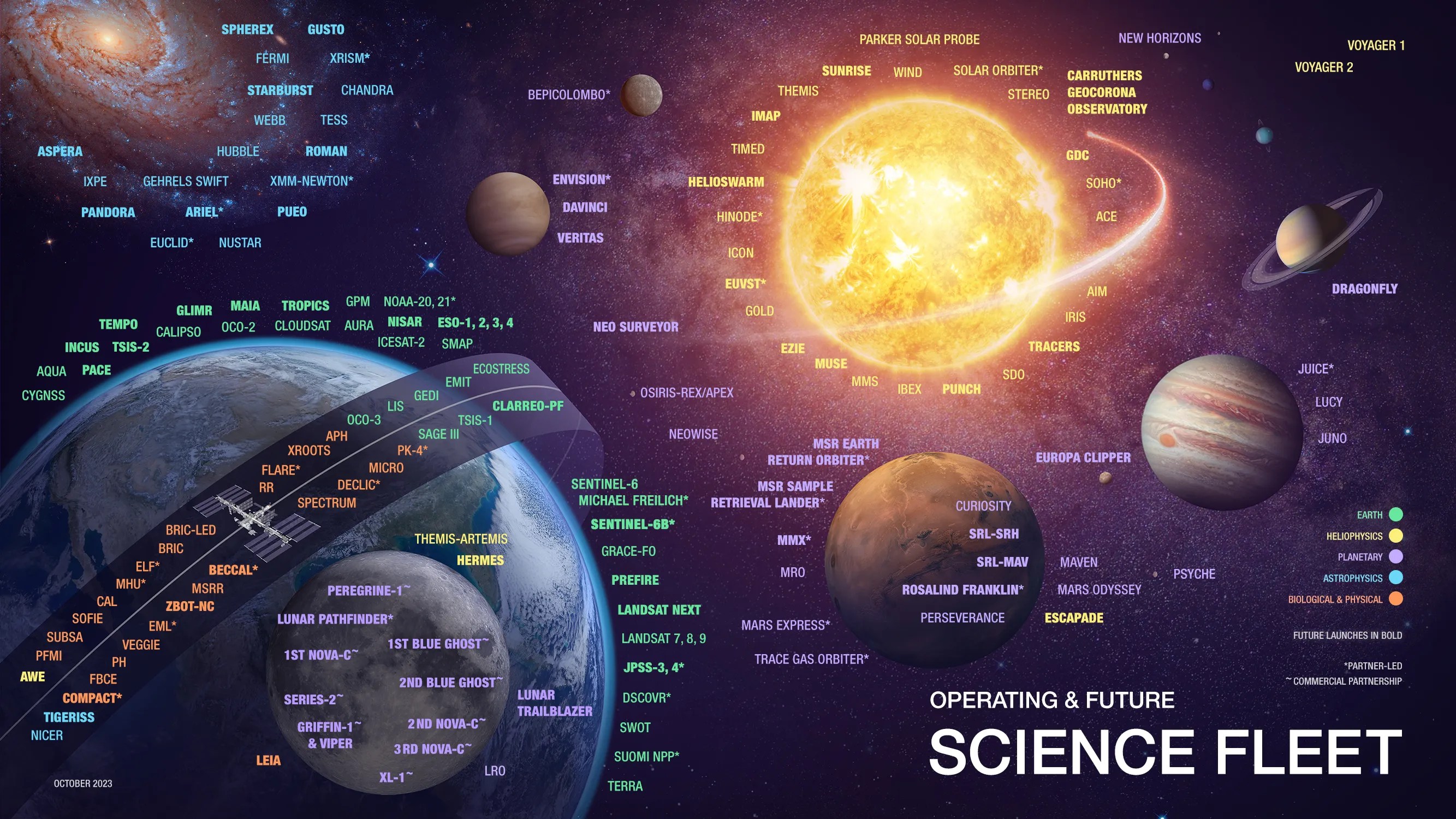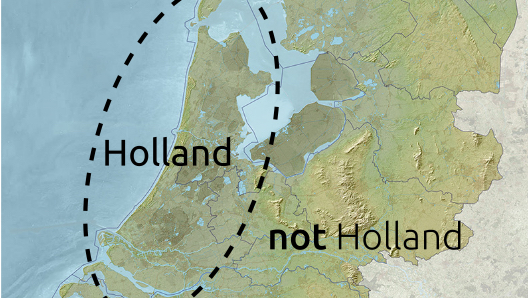Hidden Logic of Genes In Genesis?

1. Scientist Loren Eiseley saw fruitful science in Genesis (in the exile, not the creation): “The story of Eden is a greater allegory than man has ever guessed.” It can be read as being about biology begetting morality.
2. Eiseley described how through natural selection, “good and evil would enter and possess the world.” He grasped how evolution generated non-genetic ethics.
3. Eiseley contrasted instinctive life versus social-learning-structured life. The former needs no meaningful morality, the later uses the logic of forbidden fruit (of “The Tree of Knowledge of Good and Evil”).
4. Updating Eiseley’s case, the “world of instinct” is entirely genetically programmed. All traits have fixed genetic scripts, changing only slowly, intergenerationally (phenotypes = subsets of genotypes).
5. But social non-genetic inheritances radically changed the game; in uniquely human ways behavioral and cognitive traits weren’t as genetically determined (phenotypes wider than genotypes, see praxotype + cognotype).
6. Eiseley notes our social transmission-based life strategies need unique adaptive changes (e.g., postnatal brain size trebling, much longer immaturity, persisting parental bonds).
7. We’re born with a first nature that needs second natures. We inherit our culture’s non-genetic language, tech, and cooperative survival rules. All adaptable faster (and less blindly) than genes.
8. It’s obvious how tools are adaptive, but languages and cooperation rules are non-material social tools.
9. As with tools certain cooperation rules are objectively better, i.e. more productive (see paleoeconomics, game theory = objective moral science).
10. That’s the missing link to nature’s moralities—no humanlike creature thrives without received knowledge and rules about “good and bad” choices. The “sapiens” in homo sapiens means wisdom, i.e. choosing well (from Latin for taste, judgement). Our key trick is acquiring the wisdom of others.
11. Though we’re discouraged from thinking this, all thinking requires received ideas (Siri Hustvedt). Cultures failing to transmit knowledge and skills can’t survive.
12. So all humans face Eve’s dilemma—born with behavioral freedom and curiosity into risky environments, with socially punishable received rules. Rousseau’s we’re “born free” but everywhere in chains is the human condition incarnate (with inalienable social chains, see “relational rationality”).
13. Harold Bloom notes that the earliest Genesis texts depict humans as theomorphic (“god-shaped,” in god’s image as moral choosers and creators). Leon Kass agrees, deeming Eden’s exile a rise, not a fall.
14. Creativity also makes us technomorphic. Tech has shaped our genes for millions of years.
15. Human nature enables nature to evade “its own limitations.” Unlike nonhuman life, human nature’s software permits rapidly updatable (non-genetic) logic.
16. Our culturally configurable/extendable cooperation-rule processors contrast with Richard Dawkins’s view of our “born selfish,” cheating-oriented “biological nature.”
17. Eiseley saw unnaturally selective thinking about evolution as mirroring elite Victorian biases. Dawkins later amplified the same adamantly competition-centric view, but we’re on the eve of grasping how much of life features cooperation (every I is a we, Ed Yong).
18. Darwin called unmoral humans “unnatural monsters,” and out of Eden came not only “endless forms most beautiful” but also endless strategies intertwining competition and cooperation.
PS Hat Tip to Ross Andersen aka @andersen for tweeting that key Eiseley quote.
—
Illustration by Julia Suits, The New Yorker cartoonist & author of The Extraordinary Catalog of Peculiar Inventions





